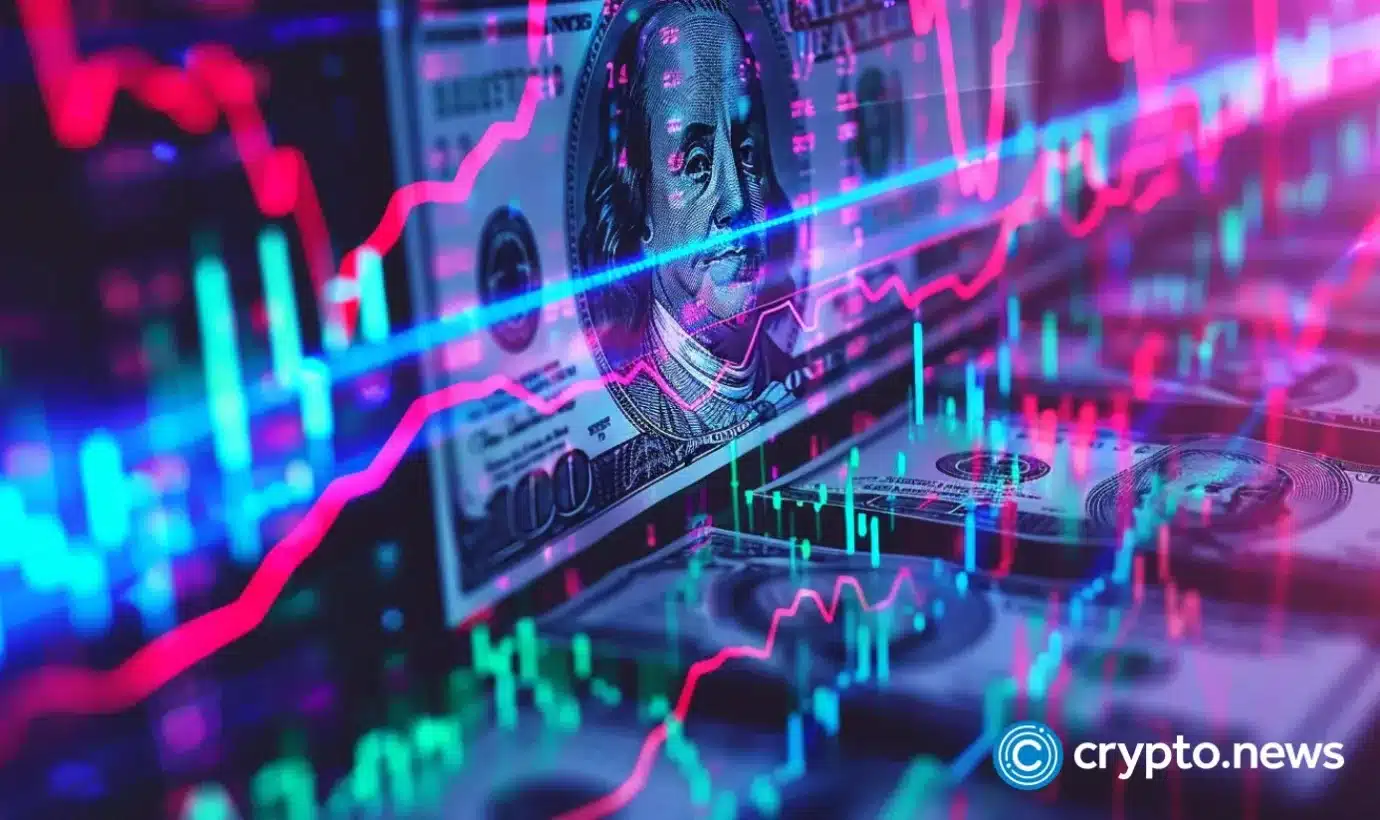Open-source AI initiatives are becoming more prevalent in a quickly changing technological landscape, upending the dominance of big giants such as Google, Microsoft, and Amazon and changing the dynamics of the business. Against the proprietary models that Silicon Valley titans support, these initiatives—exemplified by businesses like Mistral and Hugging Face—offer a convincing substitute. The future course of AI research and its consequences for accessibility and innovation are issues that come up in the midst of this paradigm shift.
Open-source AI ventures are disrupting of tech giants’ dominance
Open-source AI projects are upending the big companies’ long-standing hegemony in the field. The field of artificial intelligence development has experienced a dramatic change since the release of ChatGPT and the ensuing acquisition frenzy spearheaded by firms like as Microsoft. Major firms are quickly consolidating personnel and resources, which might hinder innovation and restrict access to cutting-edge technology.The rise of open-source substitutes, however, poses a serious threat to the established quo.
Even though established tech companies still have a lot of power over how AI is developed, more open and inclusive approaches might be gaining ground. Businesses and developers around the world are taking notice of and supporting Mistral and Hugging Face and their efforts to democratize AI technology. These projects are creating equal opportunities and enabling people to use AI for a variety of purposes by providing open access to models and tools for the technology.
Democratizing access and fostering innovation
Open-source AI projects also are also a key factor towards a change of openness, cooperation, and creativity. Contrary to proprietary approaches that prioritize profit over accessibility, companies like Mistral and Hugging Face are committed to making AI technology openly available to everyone. In addition to removing obstacles to entry for business owners, this democratization of access encourages innovation and customization.
Through the adoption of open-source principles, these programs enable anyone to investigate the internal workings of artificial intelligence systems, pinpoint opportunities for enhancement, and participate in continuous development initiatives. Also, the cooperative character of open-source communities fosters group problem-solving and knowledge exchange, which propels the quick development of AI technology. Because of this, the performance, dependability, and adaptability of open-source AI models may eventually outperform those of closed-source models.
Will open-source AI projects be able to challenge the dominance of tech giants and reshape the direction of AI development? is an issue that remains prominent in the ongoing discussion about the future of AI. Open-source AI is gaining momentum, which promises a more positive future, despite critics who may question the feasibility of such initiatives in the face of institutional obstacles and vested interests. These projects have the ability to democratize access to AI technology and spur previously unheard-of levels of innovation because they value inclusion, transparency, and teamwork. A more just and dynamic future appears to be beckoning with the emergence of open-source AI in a world increasingly dominated by proprietary models and closed systems.





